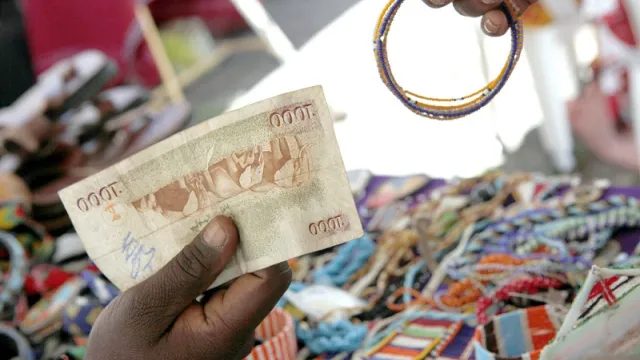Six in ten SMEs making less money than before Covid-19

Six in ten SMEs making less money than before Covid-19
More than half of small businesses (SMEs) in Kenya are making less money than they were generating before the pandemic underscoring the wave of debt defaults, auctions, and receiverships that is circling the economy.
A study by FSD Kenya in partnership with the Kenya National Bureau of Statistics and the Central Bank of Kenya showed that only 40 percent of SMEs in Kenya have recovered to their pre-Covid-19 level of revenues.
In July 2021, 38 percent of micro-businesses had recovered, with average revenues at the same level or higher than pre-COVID; but the majority (62 percent) are still earning less than their pre-COVID revenues.
Meanwhile, business closures increased this year, with 35 percent of business owners who had businesses pre-COVID no longer involved in any trading activity by July, this year.
“The MSE COVID-19 tracker survey finds that both revenue and resilience of MSEs has been depleted with less than 40 percent recovering to their pre-COVID revenues. Others are still struggling, mainly due to continued suppressed customer demand,” FSD said.
Read also: Safaricom forgoes M-PESA fees on Sh1 billion relief cash transfer
The impact of the pandemic is still taking a toll in the country as many firms suffer cashflow constraints and are defaulting on their bankers, suppliers, and tenants.
Several companies have been auctioned while others have been put under receiverships.
However, SMEs which account for 98 percent of all businesses and which sustained the hardest hit have stayed away from headlines since most of them are very small with between one and nine employees.
FSD said the majority operate without a business license (65 percent) and even fewer are registered with the Registrar of Companies (92 percent not registered).
Unlike the formal MSME sector, which includes small and medium-sized enterprises, micro-enterprises tend not to exist in government records, such as business licenses lists and tax registers.
As a result, most of them have not benefitted from Covid-19 state interventions and are facing a bleak future and even closure.
“According to the State Department of Industrialisation, MSEs make up over 90 percent of businesses in Kenya and contribute 24 percent of GDP. However, due to their informal and decentralized nature, MSEs saw limited benefits from measures put in place by government and private sector to mitigate the economic impacts of the pandemic,” FSD said.
At the same time, the use of digital payments by MSEs for business purposes has increased during the pandemic, as well as the use of media (mainly phone and SMS) to reach customers.



